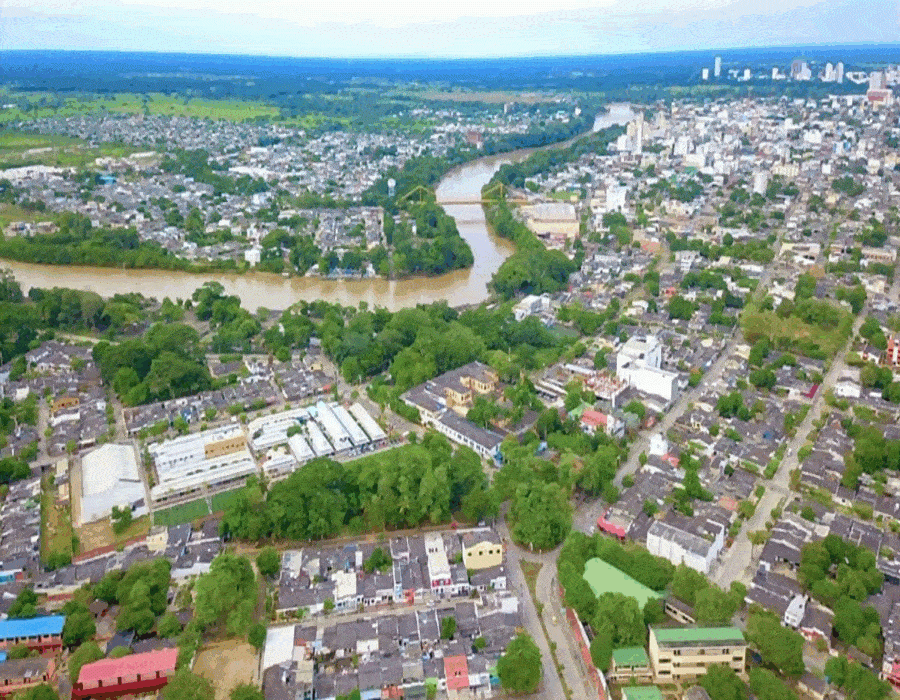
The climate action plan of the City of Monteria, arises as a legal mandate of the Urban Environmental Management Policy of Colombia, the city's land use plan, the National Climate Change Plan and the Mexico City pact, these legal elements are adopted as an initiative of the Municipal Administration, to give shape and content to the climate action plan, in which also participated and reached consensus on the plan representatives of the organized community, the Regional Autonomous Corporation of the Sinu Valleys, representative of the universities of the city and representatives of the productive guilds.
Fundamentally, the climate action plan, based on legal, institutional and technical support on climate action, intends to deepen and accelerate the work in order to provide actions that help mitigate, manage, raise awareness and adapt the city of Monteria to the effects of climate in its territorial development prospects. The current reality of the city makes the implementation of the Climate Change Action Plan necessary, being its main axis to advance in the aspects related to the approach on green, resilient and inclusive territorial planning and management, focused on minimizing poverty and developing the city without losing sight of sustainability. The Action Plan will support different urban and rural stakeholders such as community organizations and entrepreneurs, as they can make a significant difference in implementing actions to maximize the effects of the plan, aiming to achieve measurable improvements in adaptation and resilience and measurable reductions in pollutant emissions.
The Action Plan focuses mainly on balancing the impact of climate factors on the city based on sustainable territorial development, identifying and maximizing measures to take advantage of the most important mitigation and adaptation opportunities, seeking climate finance and raising capital from private companies.
Fifteen main lines of action are proposed to be developed by the plan, the most important of which are: sustainable urban mobility, integrated waste management, urban water management, promotion of sustainable urbanization, development of sustainable agricultural practices, creation of green public spaces, use of sustainable energy sources, integration of urban equipment as green infrastructure, creation of sustainable economic networks, and social inclusion.
